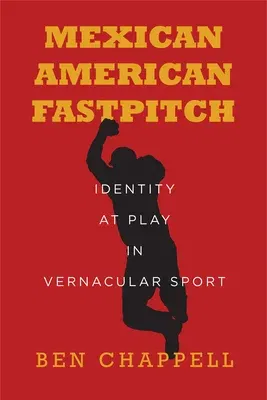In Mexican American communities in the central United States, the modern
tradition of playing fastpitch softball has been passed from generation
to generation. This ethnic sporting practice is kept alive through
annual tournaments, the longest-running of which were founded in the
1940s, when softball was a ubiquitous form of recreation, and the
so-called "Mexican American generation" born to immigrant parents was
coming of age. Carrying on with fastpitch into the second or third
generation of players even as wider interest in the sport has waned,
these historically Mexican American tournaments now function as reunions
that allow people to maintain ties to a shared past, and to remember the
decades of segregation when Mexican Americans' citizenship was unfairly
questioned.
In this multi-sited ethnography, Ben Chappell conveys the importance of
fastpitch in the ordinary yearly life of Mexican American communities
from Kansas City to Houston. Traveling to tournaments, he interviews
players and fans, strikes up conversations in the bleachers, takes in
the atmosphere in the heat of competition, and combs through local and
personal archives. Recognizing fastpitch as a practice of cultural
citizenship, Chappell situates the sport within a history marked by
migration, marginalization, solidarity, and struggle, through which
Mexican Americans have navigated complex negotiations of cultural,
national, and local identities.

